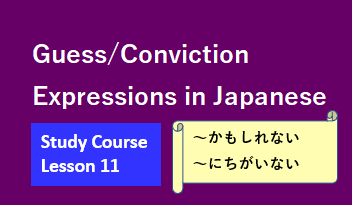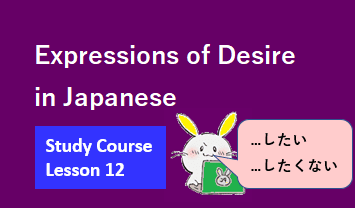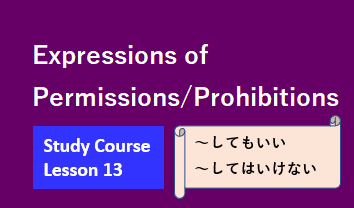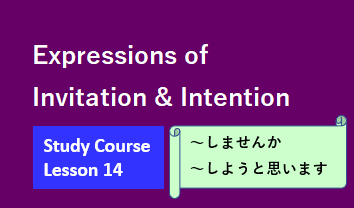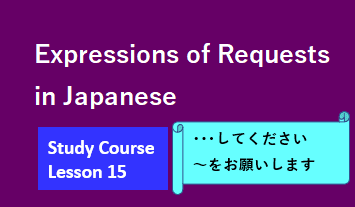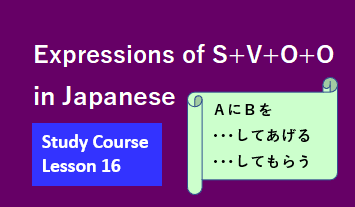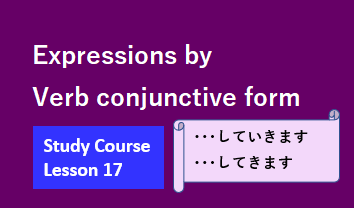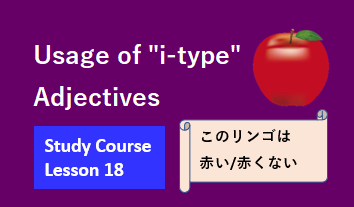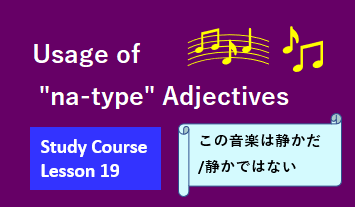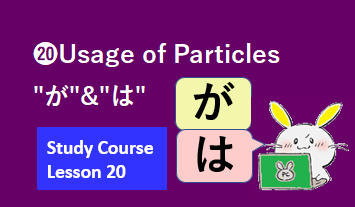Japanese Study Course Lesson10

Hello everyone. I'm JJ. Nice to meet you! Welcome to Japanese Study Course. In lesson 10, we will study the future tense expressions in Japanese. For example, if you want to say, "The Dodgers will win today's baseball game." in Japanese, you would politely say "今日の野球の試合はドジャースが勝つでしょう。".
10-1 Speculation of the future
Future Tense Expressions ➡ " Verb( basic form )+だろう / でしょう "
(1)Affirmative form
- The Angels will win today's baseball game.
- Ordinary:今日の野球の試合はエンゼルスが勝つだろう。
- Politely:今日の野球の試合はエンゼルスが勝つでしょう。
- Replacing "だろう" with "でしょう" makes it more polite.
- This expression is used when talking about things in the future, guessing the result.
◆Detailed explanation
- Ordinary:今日の野球の試合はエンゼルスが勝つだろう。
- Polite:今日の野球の試合はエンゼルスが勝つでしょう。
- 今日の野球の試合(title)+は(title particle)
- +エンゼルス(subject)+が(nominative particle)
- +勝つ(verb, basic form)
- +だろう(compound auxiliary verb, future speculation)/ +でしょう(compound auxiliary verb, polite future speculation)。
◆Vocabulary note
| 野球 :(noun) baseball 試合 :(noun) game エンジェルス:(proper noun) Angels 勝つ :(verb) win |
◆Advanced Study Compound auxiliary verb "だろう" & "でしょう"
| だろう | Category: compound auxiliary verb Meaning: future speculation Advanced commentary: だろう➡だろ(auxiliary verb"だ", intentional form)+う(auxiliary verb, speculation) |
| でしょう | Category: compound auxiliary verb Meaning: polite future speculation Advanced commentary: でしょう➡でしょ(auxiliary verb"です", intentional form)+う(auxiliary verb, speculation) |
◆Advanced Study Conjugation of the verb "勝つ"(Five-step)
| Negative form 勝た(ない) Auxiliary verb "ない" is added after | 今日の試合で勝たないと決勝リーグに進めません。 If we don't win today's match, we won't be able to advance to the final league. |
| Consecutive form 勝ち(ます/ません/ました) Auxiliary verb "ます/ません/ました" is added after | 私は本番に強いので、コンテストで勝ちました。 I won the contest because I'm strong in the actual performance. |
| Past tense form 勝っ(た) Auxiliary verb "た" is added after | 昨日エンジェルスが勝ったので、朝からハッピーな気分だ。 The Angels won yesterday, so I'm feeling happy this morning. |
| Basic form 勝つ | 勝つ win 今日の野球の試合はエンゼルスが勝つでしょう。 The Angels will win today's baseball game. |
| Adnominal form 勝つ(+noun) Noun is added after | あなたは試合に勝つことだけに集中してください。 Just focus on winning the game. |
| Hypothesis form 勝て(ば) Conjunction particle "ば" is added after | 私も試合に勝てば決勝トーナメントに進めましたが、負けても悔いはないです。 If I won the match, I would have advanced to the final tournament, but even if I lose, I have no regrets. |
| Imperative form 勝て The form for giving orders | エンジェルス、勝て! Win, Angels! |
| Intentional form 勝と(う) Auxiliary verb "う" is added after | 最初から勝負に勝とうと思うと緊張するよ。 You get nervous when you think you're going to win the game from the beginning. |
The conjugation form of the verb "勝つ" takes the form of "ta, chi, tsu, te, to" like "勝たない,勝ちます,勝つ,勝てば,勝とう", so it is called the five-step conjugation of verbs.
(2)Negative form
- Shohei Ohtani will not pitch in the baseball game tomorrow.
- Ordinary:大谷翔平は明日の野球の試合で投げないだろう。
- Politely:大谷翔平は明日の野球の試合で投げないでしょう。
- When speculating about a negative outcome, add "だろう" or "でしょう" to the negative form of the verb.
◆Detailed explanation
- Ordinary:大谷翔平は明日の野球の試合で投げないだろう。
- Polite:大谷翔平は明日の野球の試合で投げないでしょう。
- 大谷翔平(subject)+は(nominative particle)
- +明日の野球の試合(place)+で(objective particle, place of action)
- +投げ(verb, negative form)+ない(auxiliary verb, negation)
- +だろう(compound auxiliary verb, future speculation)/ +でしょう(compound auxiliary verb, polite future speculation)。
◆Vocabulary note
| 大谷翔平:(proper noun) Ohtani Shohei 投げる :(verb) throw/pitch |
◆Advanced Study Objective particle "で" ➀:place
- "で" is the objective particle indicating where the action takes place.
- It is used in the form of "where the action takes place + で".
- For example, I eat lunch at the cafeteria every day. 私は毎日食堂で昼食を食べる。
- Shohei Ohtani will not pitch in the baseball game tomorrow. 大谷翔平は明日の野球の試合で投げないだろう。
◆Advanced Study Conjugation of the verb "投げる"(Lower one-step)
| Negative form 投げ(ない) Auxiliary verb "ない" is added after | 大谷翔平は明日の野球の試合で投げないでしょう。 Shohei Ohtani will not pitch in the baseball game tomorrow. |
| Consecutive form 投げ(ます/ません/ました) Auxiliary verb "ます/ません/ました" is added after | 大谷翔平は今日の野球の試合で投げます。 Shohei Ohtani will pitch in today's baseball game. |
| Past tense form 投げ(た) Auxiliary verb "た" is added after | 大谷翔平は昨日の野球の試合で投げた。 Shohei Ohtani threw at the baseball game yesterday. |
| Basic form 投げる | 投げる throw/pitch |
| Adnominal form 投げる(+noun) Noun is added after | 大谷翔平がピッチャーで投げるときは必ず試合を観戦します。 Whenever Shohei Ohtani throws as a pitcher, I always watch the game. |
| Hypothesis form 投げれ(ば) Conjunction particle "ば" is added after | WBCの決勝戦のように、大谷翔平が最終回で投げれば絶対勝つよ。 If Shohei Ohtani pitches in the final inning like in the WBC finals, he will definitely win. |
| Imperative form 投げろ The form for giving orders | 大谷翔平のように、速球を投げろ! Throw fastballs like Shohei Ohtani! |
| Intentional form 投げよ(う) Auxiliary verb "う" is added after | 大谷翔平のように多彩な変化球を投げようと思う。 I want to throw a variety of breaking balls like Shohei Ohtani. |
The conjugation of the auxiliary verb "投げる" is called the lower one-step conjugation of the auxiliary verb because they all include the "e" sound, such as "投げない,投げます,投げる,投げれば,なげろ(投げよう)".
(3) Interrogative form (Question)
- Will the Angels win today's baseball game?
- Ordinary:今日の野球の試合はエンゼルスが勝つだろうか。
- Politely:今日の野球の試合はエンゼルスが勝つでしょうか。
- Interrogative sentences in the future speculation form are expressed by adding the particle "か" to the affirmative sentence.
◆Detailed explanation
- Ordinary:今日の野球の試合はエンゼルスが勝つだろうか。
- Polite:今日の野球の試合はエンゼルスが勝つでしょうか。
- 今日の野球の試合(title)+は(title particle)
- +エンゼルス(subject)+が(nominative particle)
- +勝つ(verb, basic form)
- +だろう(compound auxiliary verb, future speculation)/ +でしょう(compound auxiliary verb, polite future speculation)
- +か(ending particle, question)。
10-2 Future tense same as present tense
- If you know the result or action plan to some extent, even if you are talking about the future, you express it in the same form as the present tense.
- If you want to say, "I will go fishing with my family tomorrow." in Japanese, you would say "私は明日家族で魚釣りに出かけます。".
The future tense in Japanese is almost always the same as the present tense, so it's easy!


Today's lesson ends here. Ladies and gentlemen, did you understand today's theme "Future tense expressions"? Next time, we will study expressions such as "may be", "must be", and "shoud be". See you!
See you next time!


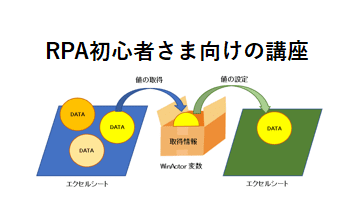

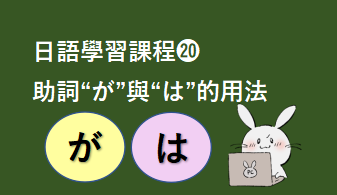





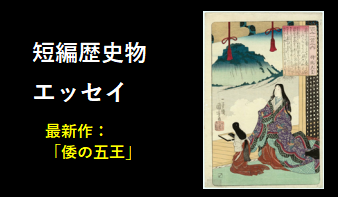
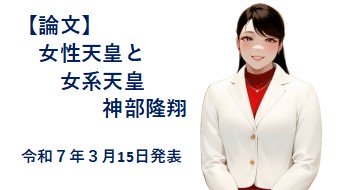



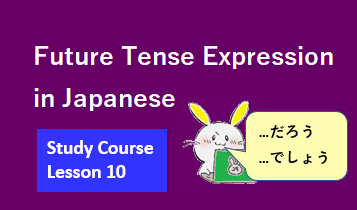




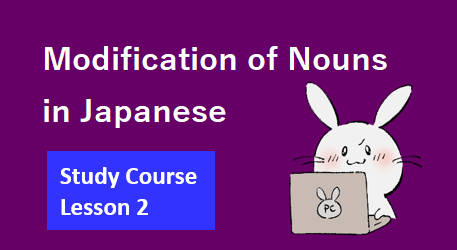



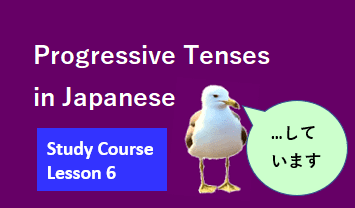
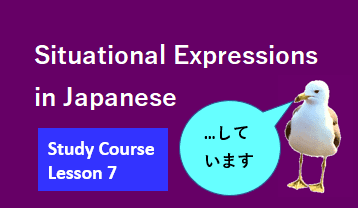
![❽Possible Expressions [1]](https://ryusho-kanbe.com/wp-content/uploads/2023/04/スクリーンショット-2023-04-03-100754.png)
![❾Possible Expressions [2]](https://ryusho-kanbe.com/wp-content/uploads/2023/04/スクリーンショット-2023-04-28-095816.png)
